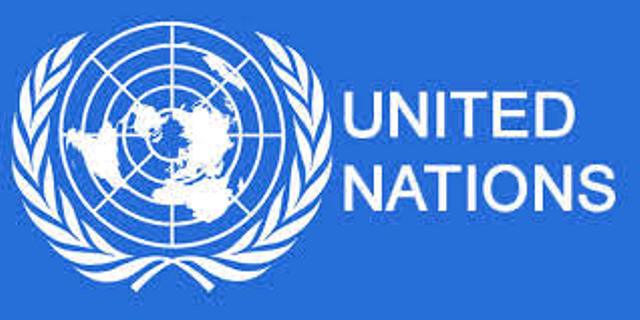UN assures its support to address HIV outbreak in Larkana

ISLAMABAD, MAY 08 (DNA) – The United Nations in Pakistan is working closely with the federal and provincial governments to quickly respond to the HIV outbreak in Larkana, and to provide the necessary HIV treatment, care and support services to people living with HIV.
“We stand ready to support the Government in strengthening the health system in Pakistan to cope with and prevent such tragedies from happening again,” said Mr Neil Buhne, UN Resident and Humanitarian Coordinator in Pakistan.
With 20,000 new HIV infections in 2017, Pakistan is the second country in Asia and the Pacific with the fastest growing HIV epidemic.
Several HIV outbreaks have occurred in the past years, and the recent outbreak was detected among residents of Ratodero Taluka in Larkana district, in the north-west of Sindh province.
As of May 6, 186 people were infected with HIV, mostly children. The Sindh Provincial Ministry of Health is leading an epidemiological investigation with support from international partners to understand the cause, extent and chain of HIV transmission.
The Ministry of National Services, Regulation and Coordination (MNHSRC) and Sindh Provincial Health Ministry have called on all health care facilities to strictly follow universal precautions and use clean and sterile equipment when administering injections and in transfusing blood.
The Sindh Ministry of Health also says it has reinforced policies to stop unlicensed informal medical practices.
UNAIDS, UNICEF, WHO and other UN agencies are closely collaborating to ensure that the UN’s collective action will complement the Government’s efforts to effectively address the critical gaps in preventing new HIV infections.
With the support of the UN, international expertise and adaptation of good practices from other countries facing similar challenges will be brought in, where needed.
The UN is also working to ensure that the rights and privacy of all infected and affected people are upheld, to guarantee that persons living with HIV can live with dignity and without fear of stigma and discrimination.
HIV disproportionately affects the most vulnerable and marginalized members of the society, including children and young people. While there is no vaccine nor cure yet, it can be prevented and treated.
Joining hands with community-based organizations and development partners like the UN, the Government could successfully reduce new HIV infections in the country.=DNA
==============
Related News

Pakistan eyes Thai UHC model to reduce medical expenses
ISLAMABAD, FEB 18 /DNA/ – Rongvudhi Virabutr, Ambassador of Thailand to Pakistan, paid a courtesyRead More

Pakistan assures BAT of policy reforms to curb Illicit tobacco trade
ISLAMABAD, FEB 12 /DNA/ – Federal Minister for Finance and Revenue, Senator Muhammad Aurangzeb, heldRead More


Comments are Closed